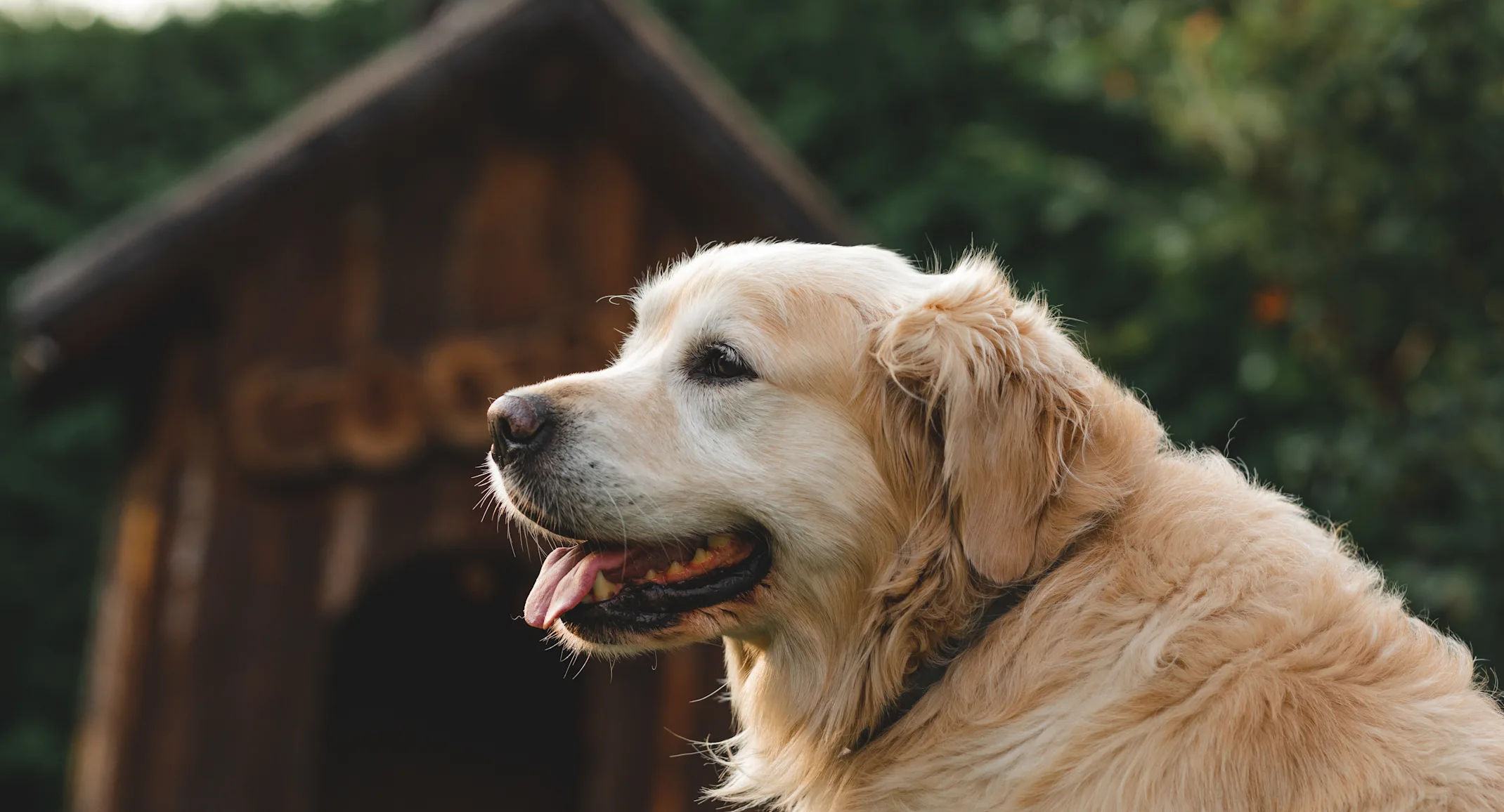Treating Dogs With Canine Hip Dysplasia
General

Canine Hip Dysplasia (CHD) is the most commonly inherited orthopedic disease in dogs. CHD can lead to many problems for your dog including painful hip arthritis, stiffness, and an overall lower quality of life. Even after years of ongoing research there is still no cure for canine hip dysplasia. Even though a cure is yet to come, research has been done to discover a method that can help diagnose CHD in puppies as young as 16 weeks of age. Dr. Gail Smith of the University of Pennsylvania created the PennHip method to give an estimate of the hereditary risk of an animal by measuring the joint laxity of the hips.
The PennHip method has a strong research and scientific foundation and is the most effective screening tool available. Veterinarians are specially trained in PennHip techniques and must be certified to submit films. Detecting dogs at an early age with high risk of CHD helps the owner incorporate early intervention practices to lessen the severity of the disease. It also allows programs to choose dogs with healthy hips for service dogs and allows breeders to make early decisions on which animals to continue in their breeding programs. It is important to scan for CHD right away so you can help your dog live a happier, pain-free life! For more information on PennHip or CHD, or to schedule an appointment call NAMC at (402) 423-9100.
